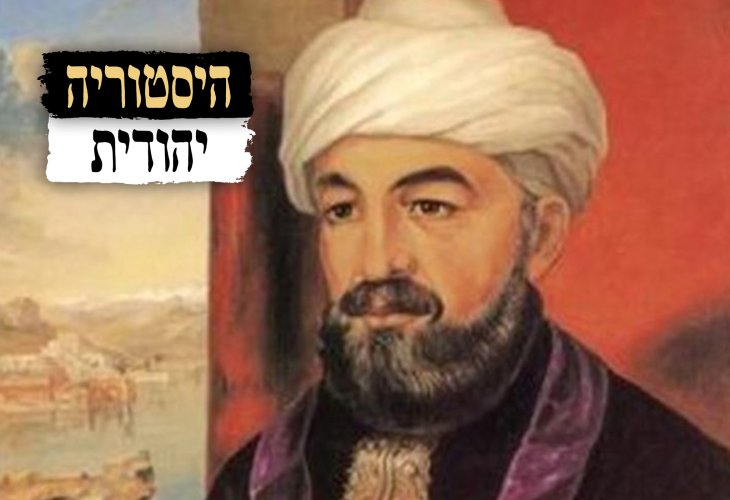History and Archaeology
The Rambam Controversy: When Maimonides’ Teachings Sparked One of Judaism’s Greatest Debates
How Rabbi Moshe ben Maimon’s views on faith ignited fierce opposition, book burnings, repentance, and lasting lessons for Jewish history

The Rambam — Rabbi Moses ben Maimon, known as the Great Eagle, is universally regarded as one of the greatest figures in Jewish history. As the famous saying goes: “From Moshe to Moshe, there arose none like Moshe.”
Yet many years ago, just one generation after the Rambam’s lifetime, a great and painful controversy erupted around his writings.
A Revolutionary Statement of Faith
The Rambam was not only a towering halachic authority but also a profound philosopher. In his formulation of the principles of Jewish faith, he ruled decisively that God has no body and no physical form — and that anyone who believes otherwise is guilty of heresy.
This assertion proved extremely difficult for some Torah scholars of the time. After all, the prophets describe God using vivid imagery, and even the Talmud contains anthropomorphic expressions. How could it all be understood merely as metaphor?
Today this principle is widely accepted and taken for granted. But in the Rambam’s own era, when he articulated it so clearly and forcefully, some felt it was an extreme innovation, that contradicted the words of the Sages. As a result, a fierce campaign arose against his teachings.
Opposition in Provence: “The Sages of the Mountain”
In Provence, a prominent group of Torah scholars known as “The Sages of the Mountain” lived in the city of Montpellier. They declared that the Rambam’s books were heretical. Some of them went so far as to publicly burn his works.
The Ramban Rises to Defend the Rambam
Rabbi Moses ben Nachman — the Ramban, came out strongly in defense of the Rambam. In a famous letter addressed to the Sages of the Mountain, the Ramban argued that even those who disagreed with the Rambam’s philosophical approach had no right to label his teachings heresy.
The Rambam, he wrote, was a great and authoritative halachic decisor upon whom the Jewish people could rely. No one, under any circumstances, had the right to burn his sacred works.
Repentance and Reconciliation
One of the Sages of the Mountain was Rabbeinu Yonah of Gerona. After reading the Ramban’s letter, he reconsidered his position, repented publicly, and asked forgiveness for opposing the Rambam.
Over time, tensions subsided, and peace returned to the Jewish communities of Western Europe.
A Sobering Epilogue
It is told that those who dared to burn the Rambam’s books were later struck by misfortune, and that their descendants ultimately abandoned Judaism altogether — a chilling reminder of the gravity with which Torah scholars viewed the events of that era.
This episode stands as a powerful lesson in humility, responsibility, and the enduring unity of Torah — even amid deep intellectual disagreement.

